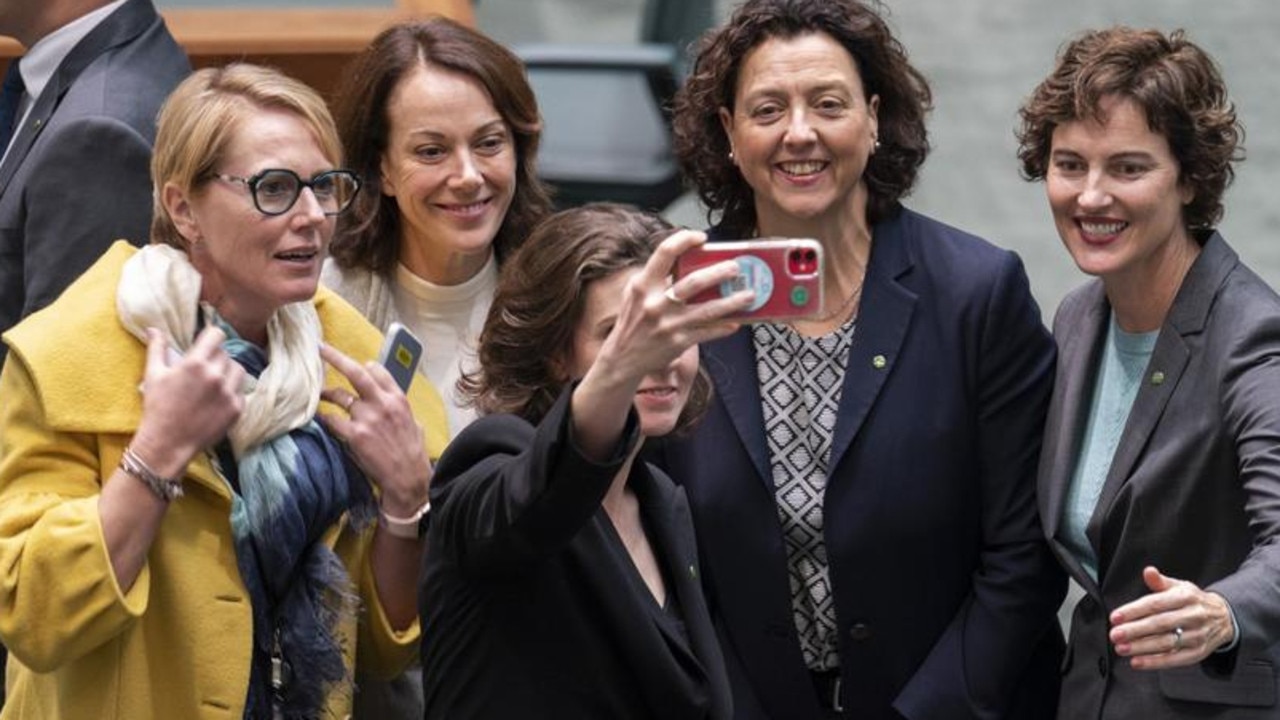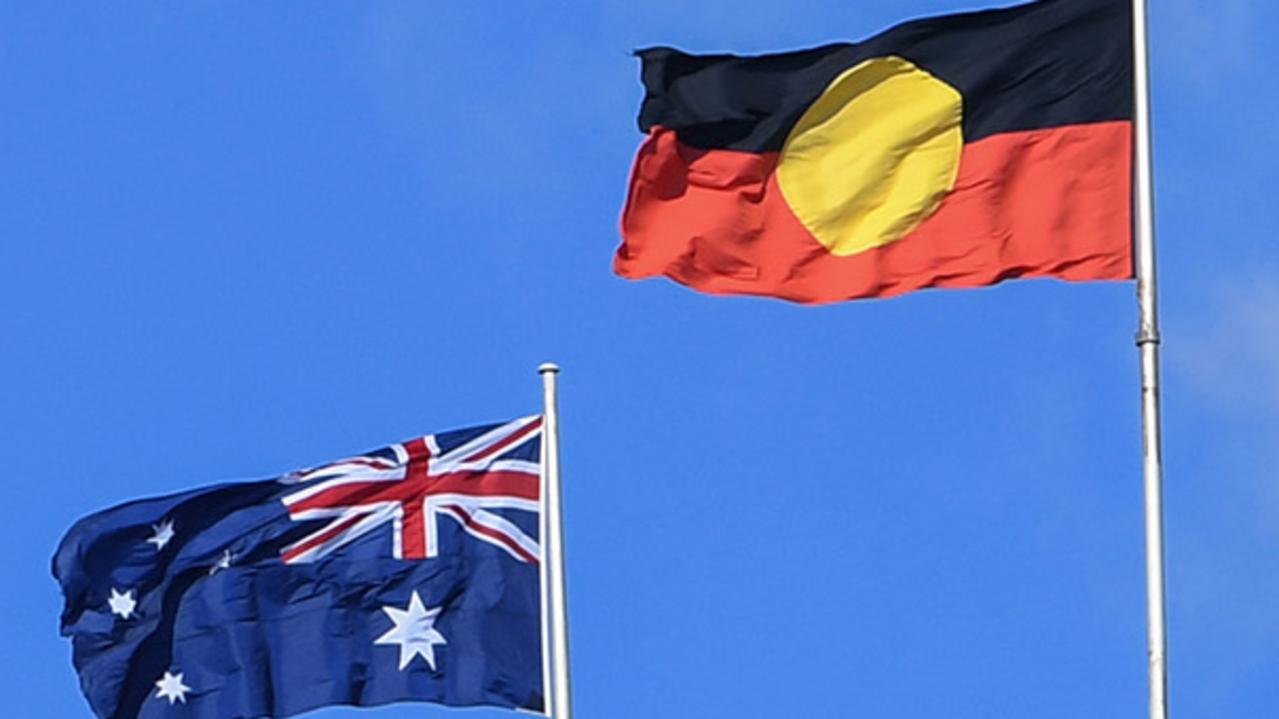James Campbell: Jobs and wage growth the key to victory for Albo
The Reserve Bank Governor’s comments on how migrant numbers have affected wage growth have caused a furore … but politicians should take heed, writes James Campbell.
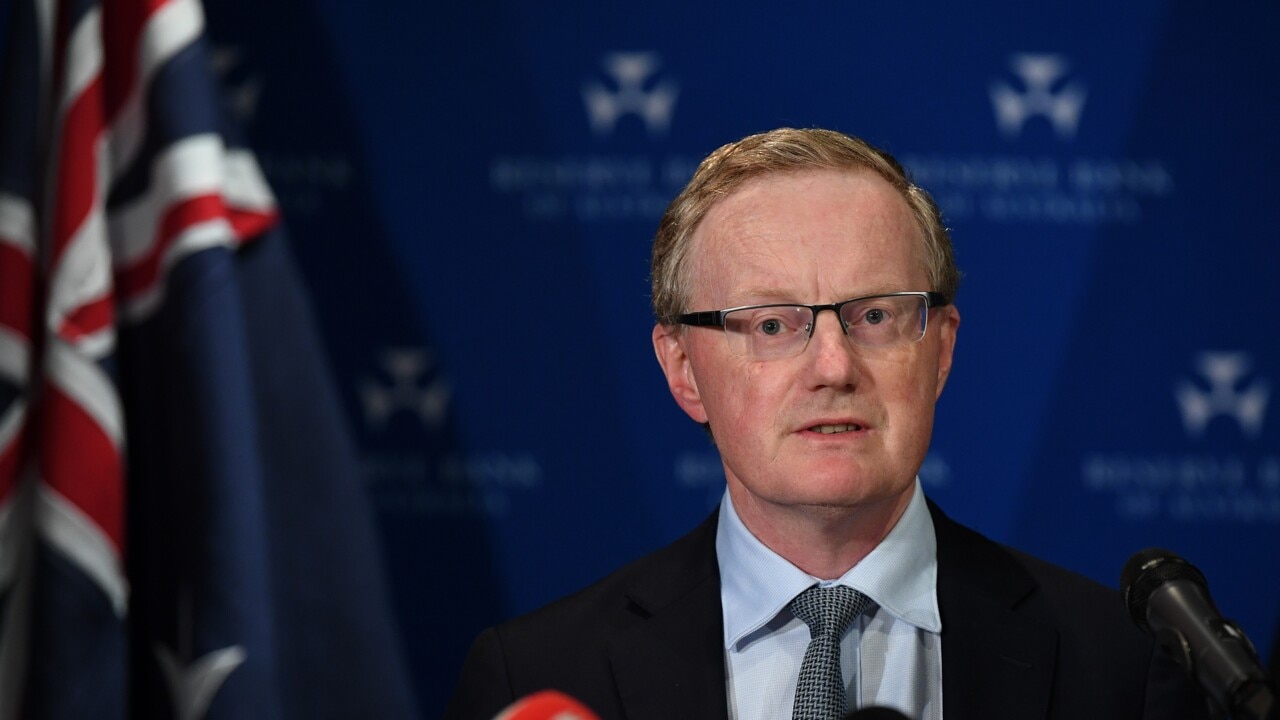
Opinion
Don't miss out on the headlines from Opinion. Followed categories will be added to My News.
Until recently I had assumed that basically the only thing economists agreed on was the existence of the laws of supply and demand: that is there is a relationship between the price people are prepared to pay for something and the willingness of people to either buy or sell it.
But when a couple of weeks ago the Governor of the Reserve Bank Philip Lowe suggested these laws might apply to the price of labour it quickly became clear this is not so.
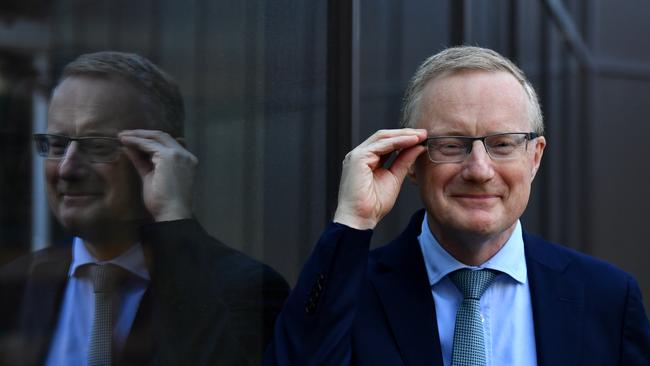
Lowe had given a speech in which he observed that the huge number of migrants coming to Australia in recent years might explain in part why we have had such low wage growth.
Now this might sound like commonsense to most people, especially those of us who work in industries in which the number of potential workers vastly outstrips the number of actual jobs.
It is however a commonsense idea with explosive political implications — which is why it went down so badly.
As quickly became clear, while it might be the case that a shortage or glut of, say, bananas affects how much people are prepared to pay for one, when it comes to people, things suddenly become more complex.
Lowe’s speech was greeted with a chorus of raspberries from scribblers on both the leftoid Guardian and the chairman’s lounger’s in-house journal the Financial Review.
The Guardian’s economic correspondent worried that a “number of economists were quite dismayed that the head of the central bank should stoke the anti-migration fires” especially “as it goes against a vast majority of economic scholarship.”
The Fin’s economic editor wasn’t impressed either, describing the Lowe’s findings as “surprising”.
Though he conceded “immigration either slightly adds to or marginally subtracts from the wages of local workers” he still believed that in all likelihood it had “a negligible impact on overall average pay levels, even if it affects the distribution of wages across various workers, geographies and industries.”
Is it unkind to point out that the winners from this redistribution are likely to include well-paid senior journalists and the people who read the Australian Financial Review?
As for the losers? Well they’re somewhere else’s problem and almost certainly somewhere else.
It’s the aggregate growth that matters, stupid!
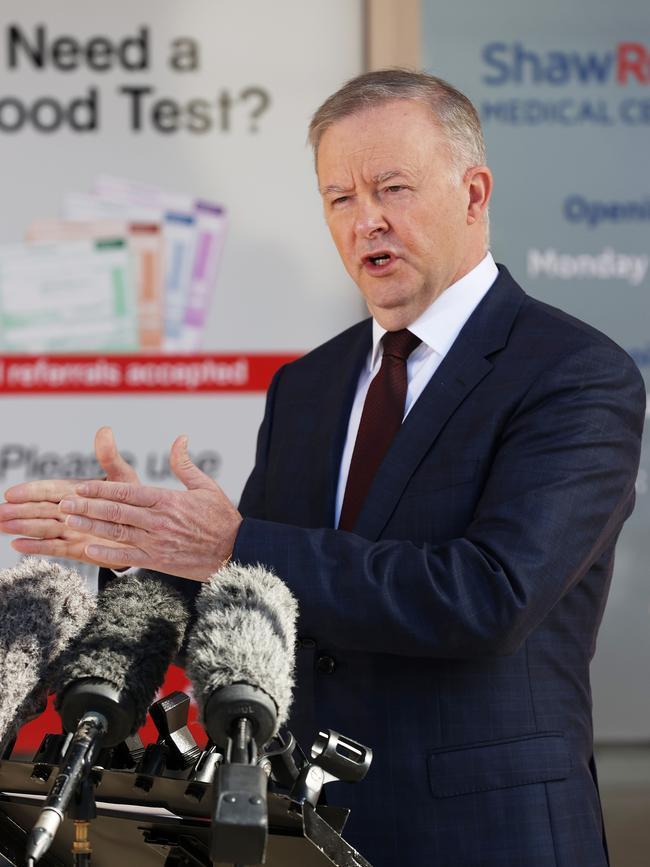
I don’t know about you, but when it comes to wages I’ve got a great deal more interest in how they’re going in my case than what’s happening in society as whole.
Advocates for high migration argue that demand for labour should be treated differently from bananas because workers, as well as being consumers, also increase demand.
Which is true, of course. The question is: what sort of demand? What sort of industries do they stimulate?
For years economists have been puzzling over the low growth of productivity in the Australian economy — productivity increases being the only way to increase wages in the long-term.
But when you look at which parts of the economy population growth affects — residential construction and the government infrastructure that services it — you notice they are all low productivity industries.
They also impact retail, of course, which has historically been another low productivity growth industry, although this is changing, ironically, by the elimination of many of the jobs which employ many migrants.
In other words, migrants don’t just affect wage growth because their presence in the labour market affects supply and demand, they also depress wage growth because the investment that goes into meeting the increased demand they bring is investment that isn’t going into the high-technology industries that would ultimately lead to higher wages.
Until now this argument has been academic.
But thanks to the closure of the borders to immigrants and the departure of 250,000 workers who were here on “temporary” work permits, we are very soon going to have a real world answer to the question of whether migration affects wages.
Lowe is in no doubt that wages are going to rise as “tighter labour markets do generate stronger wage increases — the laws of supply and demand still work”.
He also suspects that these wage increases are going to accelerate once the unemployment rate dips below 5 per cent because, although he was too polite to say it, a lot of those Australians still unemployed are going to stay there because they are basically unemployable.
You think that’s harsh? Consider the fact that last week Tasmania’s parliament was told that 50 per cent of the population of that island is functionally illiterate.
The political implications of this sudden stop to immigration are, as I said, explosive.
Once wages start rising and the public understands this is because migration has stopped, it will create an opportunity for the first leader willing to grab the initiative on keeping things that way.
It doesn’t have to be xenophobic and it wouldn’t hurt any migrant who was already here.
All they would have to say is they welcome the growth in wages that the immigration pause has brought and what we need to do now is improve our education and training systems so every Australian can participate in this high-wage jobs bonanza.
There aren’t a lot of ways I can see Labor winning the next election, but Aussie jobs for Aussie workers is one of them.


